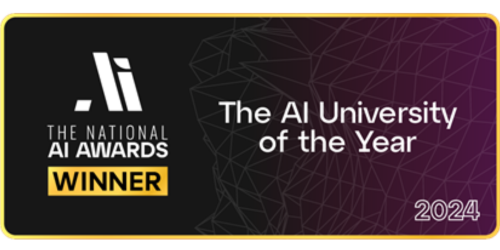The Bioinformatics and Computational Genomics Lab
Introduction
The primary interest of the Lab is bioinformatics, with an interest in computational genomics as one core theme. Another core interest is the application of bioinformatics to medical data analysis problems, which range from basic science through to translational projects in collaboration with the medical community.
Rapid technological advances, and the falling costs of DNA and RNA sequencing technologies, have vastly accelerated our understanding of genomes. Typically involving very large amounts of multi-omics data, interpreting the functionality of the genome involves sophisticated computational methods based on machine learning and bioinformatics. The goal of the Bioinformatics and Computational Genomics Lab (the BCGL), is to facilitate collaborative data generation, interpretation, and novel methodology development in this context. For methodology, we use and devise methods in bioinformatics, machine learning, computational statistics and algorithmically based computational modelling. In a genomics context, the types of data we consider include whole genome sequencing data, RNAseq and expression array datasets, GWAS (genome wide association studies), CNV (copy number variation), methylation and epigenetics, and other omics datasets, for example. Additionally, we use data from emerging technologies, such as single-cell sequencing, spatial transcriptomics and digital spatial profiling, and multiplexed assays of variant effect (MAVEs).
Computational genomics is therefore a significant theme for the Lab, but our wider interest is bioinformatics. For example, we are interested in using machine learning for epitope prediction or using deep learning for the optimisation of CAR T-cell therapies. Aside from methodologies using machine learning, we also cover computational statistics since these methods can give important insights into subjects such as population genetics, in turn giving us further understanding of the evolution of the human genome, for example.
We pursue collaborations with the medical and biological communities. Aside from applying established and recently proposed methods in collaboration with these communities, we are also interested in the reverse aspect of biomedical data analysis problems stimulating the formulation of novel data analysis methods. Linked to Isambard-AI and a constituent laboratory of the Intelligent Systems Laboratories, we are therefore very interested in the development and usage of methods from AI and machine learning. Thus, for example, many biomedical research projects involve multiple omics datasets derived from the same sample, so we use integrative machine learning methods to handle such data, an area where some Lab members have previously proposed novel algorithms.
The objective of the BCGL is to facilitate research collaborations between Lab members, and between these members and biomedical researchers interested in various data analysis projects. A basic overview of the research interests of staff can be gained from Google Scholar. The Lab additionally acts as a conduit for establishing collaborative projects, commonly medically oriented, with pharmaceutical companies and industry generally.We are funded by multiple sponsors ranging from the UKRI research councils, through to medical research charities, and other funders.
Research Opportunities
PhD Opportunities: PhD funding for projects in our areas of interest is available from a number of sources such as Bristol university scholarships, for both UK and international candidates. There are a number of external opportunties such as the China Scholarship Council awards. Occasionally we also have other PhD studentships which are open to nationals of any country and are linked to a specific project.Postdoctoral Opportunities: For very well qualified candidates we support applications for Fellowship awards from a variety of research sponsors. Aside from Research Council supported Fellowships, exceptionally talented researchers would be eligible for the university's Vice Chancellor's Fellowships. There are research assistantships and research associates available in association with research grant awards. It is best to contact individual staff, as listed below, for any such opportunities.
Illustrative Papers
Members
